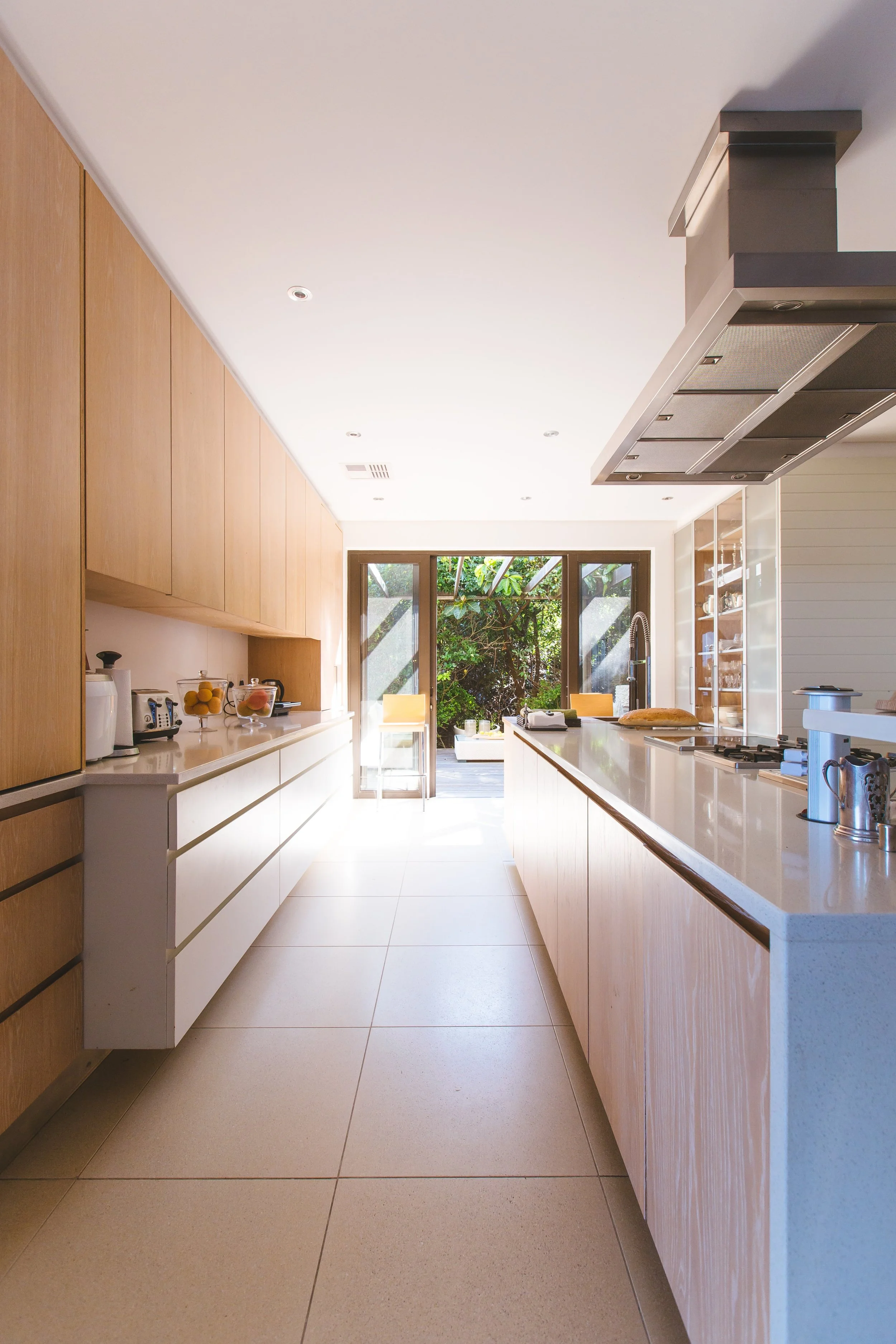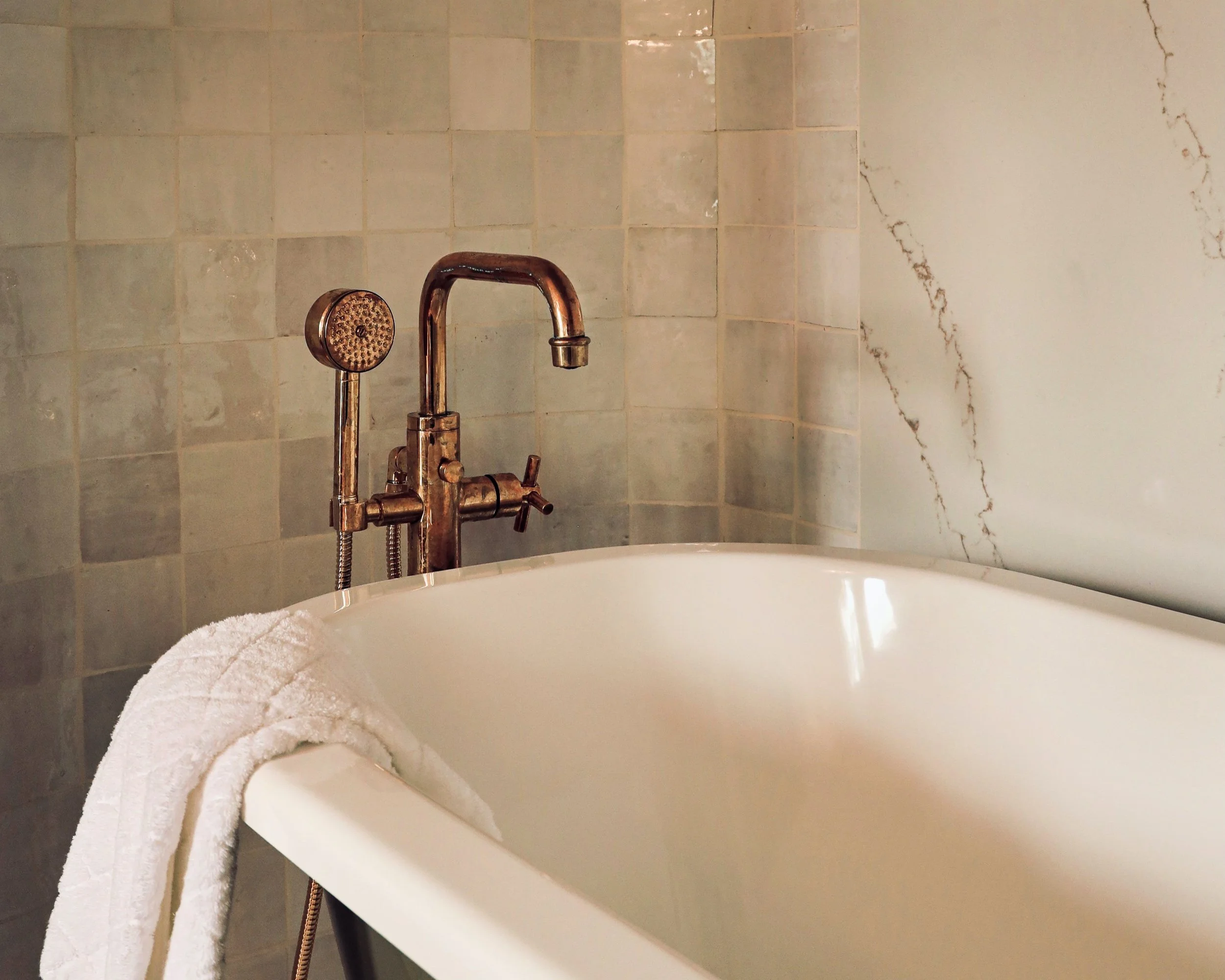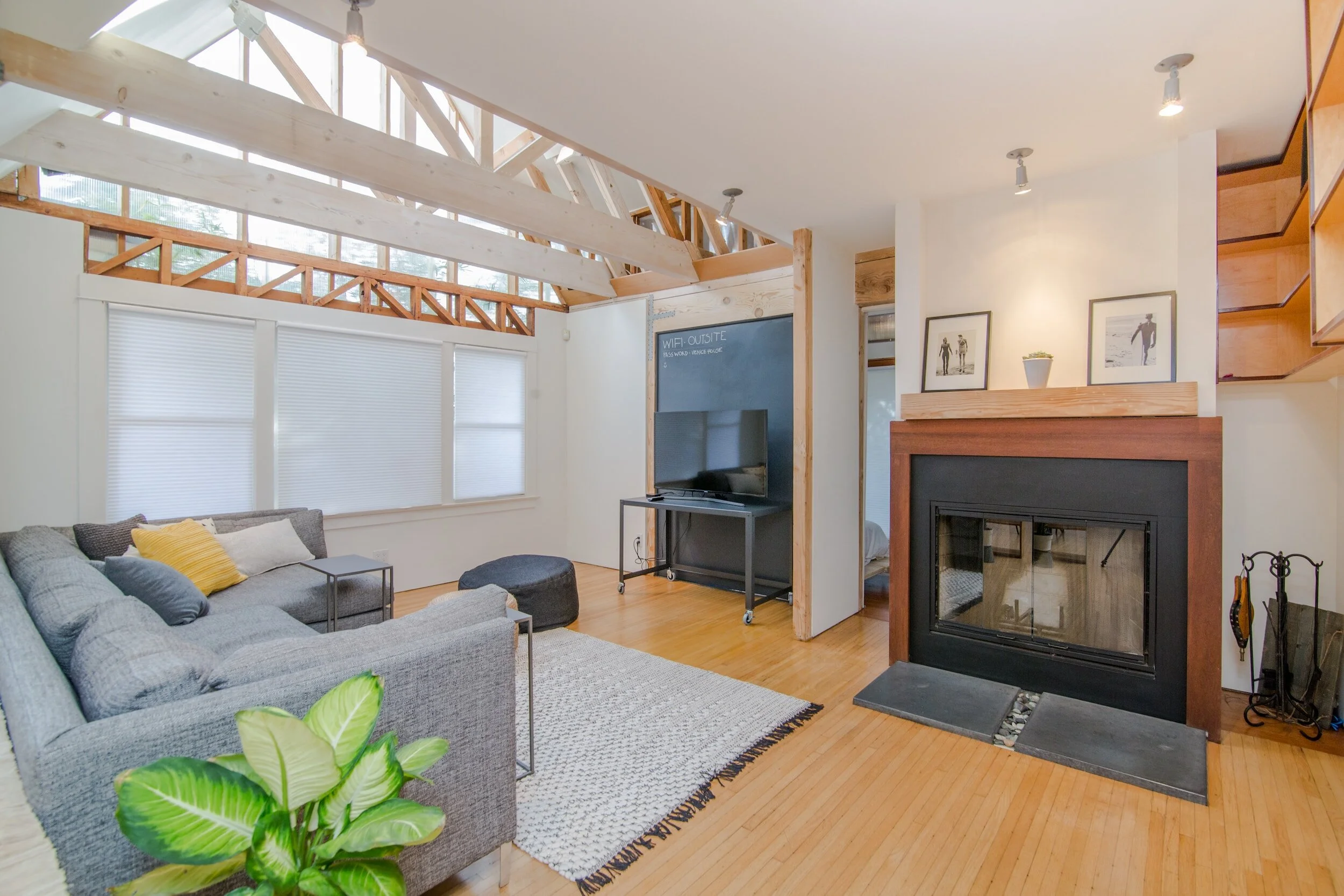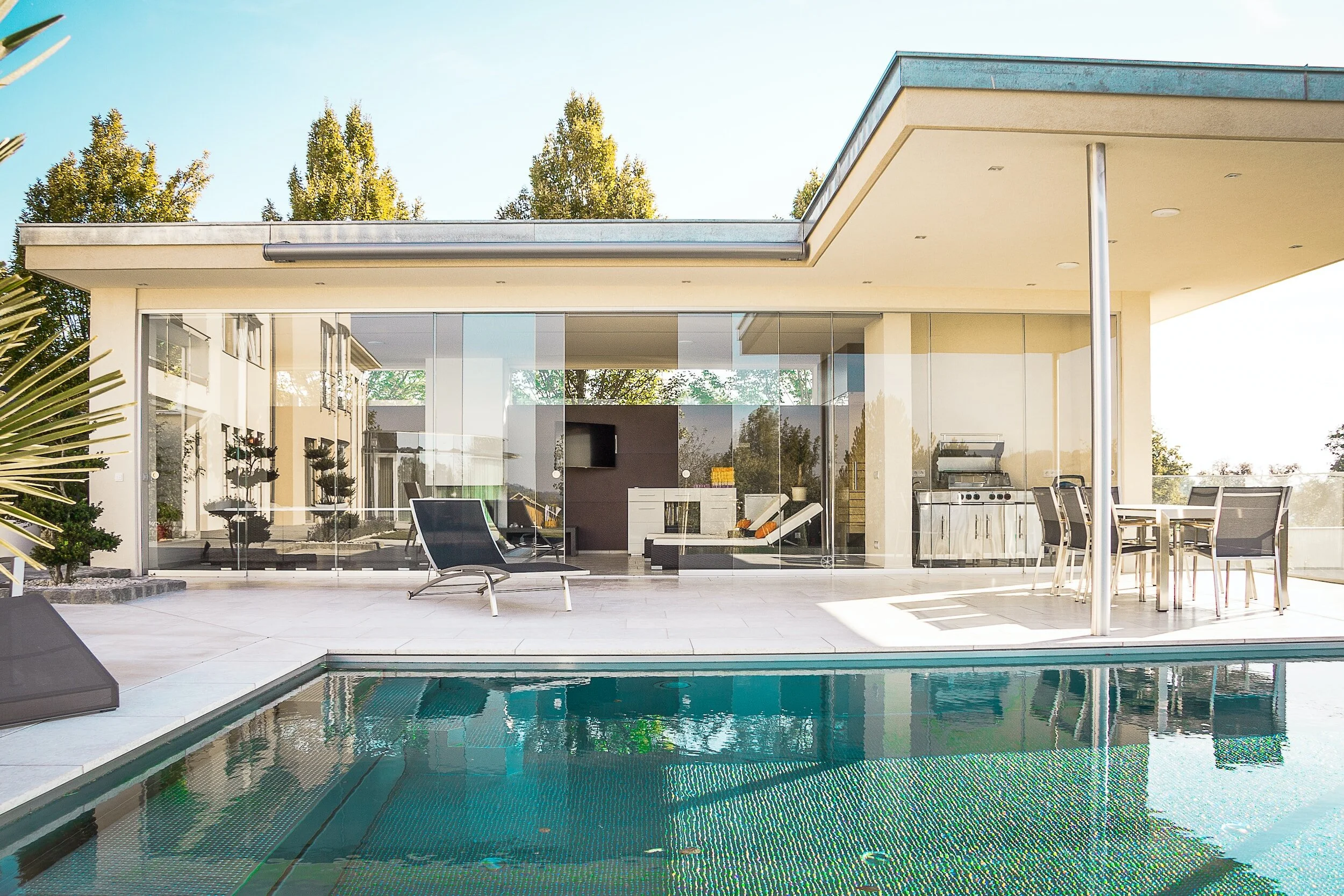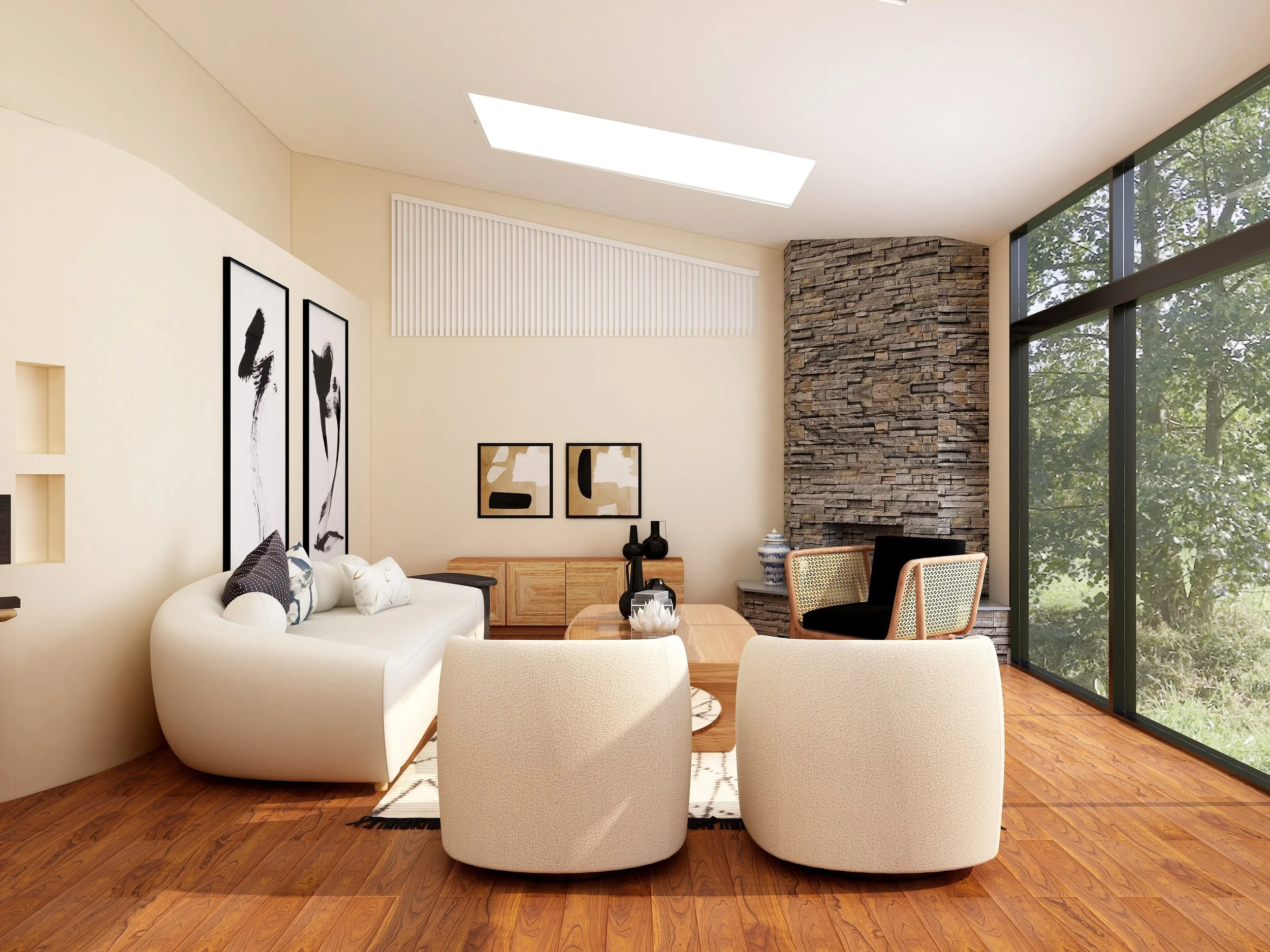Renovating in Sydney, Australia: How to avoid overcapitalising
Renovating your home is an exciting venture that can enhance your living space and potentially increase the value of your property. However, the fear of overcapitalisation often looms large in the minds of homeowners. A question that often arises when I speak with clients is, "Are we going to overcapitalise by renovating?" Overcapitalisation occurs when you invest more money into your property through renovations or improvements than you can recoup when you eventually sell it. It's essential to strike a balance between enhancing your living space and avoiding excessive spending that won't be reflected in your home's market value.
Kitchen Renovation
Kitchens are often the heart of a home. While a well-designed kitchen can add value to your property, it's easy to overspend. A general rule of thumb is to allocate no more than 5-10% of your property's current value to a kitchen renovation. For instance, if your home is valued at $800,000, aim to keep your kitchen renovation costs between $40,000 and $80,000.
Bathroom Remodel
Bathrooms are another area where overcapitalisation can occur. Allocate 2-5% of your property's value to a bathroom remodel. If your home is worth $600,000, your bathroom renovation budget should fall between $12,000 and $30,000.
Extension or Addition
Expanding your living space can be a significant investment. To avoid overcapitalisation, consider spending no more than 10-15% of your property's value on an extension. For example, if your property is valued at $1,200,000, your budget for an extension should range from $120,000 to $180,000.
Outdoor Space
Outdoor renovations, such as landscaping, decks, or a pool, should be approached with caution. Limit your spending to 5-10% of your property's value. For a property valued at $700,000, the budget for outdoor improvements should be between $35,000 and $70,000.
Flooring, Wall Finishes & Lighting Updates
Smaller interior updates like painting, flooring, or lighting can also add up quickly. Aim to spend no more than 1-3% of your property's value on these improvements.
Professional Fees and Contingencies
Don't forget to factor in professional fees, permits, and a contingency budget of around 10% to account for unexpected expenses in your renovation project.
Sydney's property market is known for its competitiveness and fluctuation. It's essential to consider the current state of the market and consult with real estate experts or appraisers before embarking on a renovation project. The neighborhood and type of property can also impact the maximum renovation budget that makes financial sense. Ultimately, the decision to renovate should align with your long-term goals for your home. If you plan to stay in your property for many years and enjoy the renovations, you might be willing to invest more. However, if you're renovating primarily to increase your property's resale value, it's crucial to adhere to the recommended budget guidelines to avoid overcapitalisation.
One of the best ways to ensure you don't overcapitalise on your renovation project is to work with an experienced interior designer. Sunbeam Studio can help you create a design that maximises your budget while enhancing the functionality and aesthetics of your space. Reach out to our team today to kickstart your home renovation journey!

